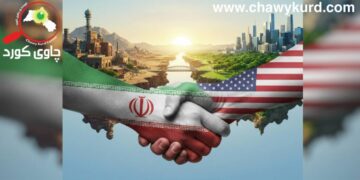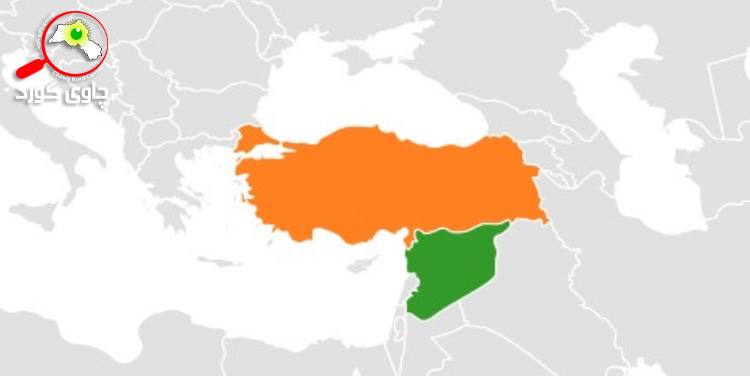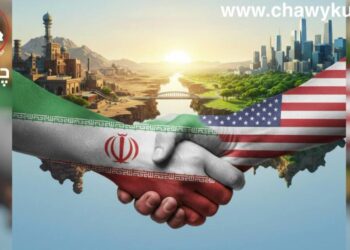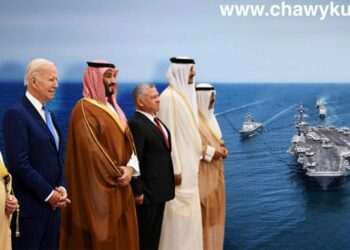Historical conflicts, water issues, and support for Kurdish groups shape relations between Turkey and Syria. The ongoing civil war has a lasting impact on their interactions.
“The Syrian Civil War and its Impact on Relations”
The Syrian civil war has had a significant influence on relations between Turkey and Syria.
- Approaching Communications (1998).
Relations between the two countries reached a turning point in October 1998 after the expulsion of PKK leader Abdullah Ocalan by the Syrian authorities, but the change was short-lived because the problems went much deeper.
“The Syrian Civil War and its Impact on Relations”
The Syrian civil war has had a significant impact on relations between Turkey and Syria.
- Approaching Communications (1998).
Relations between the two countries reached a turning point in October 1998 after the expulsion of PKK leader Abdullah Ocalan by the Syrian authorities, but the change was short-lived because the problems went much deeper.
- Complicated relations (Syrian civil war).
The Syrian civil war, which began in 2011, has once again strained relations. Diplomatic relations were severed in March 2012 due to conflict. A major incident occurred when Syria shot down a Turkish military training aircraft in June 2012, prompting Turkey to call for an emergency NATO meeting.
- Border closures and trade effects.
As the security situation deteriorated, Turkey closed its borders with Syria to trade. Baghdad also repeatedly blocked trade with Turkey in response to Ankara’s rapprochement with the Kurdistan Region in energy, oil production and exports and other energy sources.
“The possibility of normalization of relations and its consequences”
If the normalization of relations between Turkey and the regime of Bashar al-Assad in Syria, it will have a significant impact on various parties. Syrian President Bashar al-Assad and Turkish President Recep Tayyip Erdogan have expressed their openness to restoring relations between their countries. After Turkey’s previous aggression against West Kurdistan and weakened the possibility of EU membership. The Kurdish-led Syrian Democratic Forces (SDF)-led Northern and Eastern Syrian Autonomous Administration controls about a third of Syria.
“Impact of Turkey’s rapprochement with Bashar al-Assad’s regime”
– Hasada and the Northern and Eastern Syrian Autonomous Administration: – The purpose of the rapprochement between Turkey and the regime of Bashar al-Assad is to weaken the position of the Northern and Eastern Syrian Autonomous Administration. Both are looking for that result, while they had crucial roles in defeat ISIS and the area became a safe haven for Syrian refugees from central, southern and western Syria who had fled to northern and eastern Syria to avoid the consequences of the Syrian civil war and the fight against ISIS. Any reconciliation between Turkey and Syria would jeopardize Hasada’s position. They rely on US support in the fight against ISIS.
– Civilians’ concerns: Civilians in the region express their disgust and concern about the situation. Turkey has been continuously attacking the areas of West Kurdistan through drones and military aircraft since its occupation operation, which has always caused civilian casualties and heavy damage to civilians, whose property has always been targeted.
-Regional dynamics: The threat of a large-scale Israeli attack on Hezbollah is driving the two sides closer together, in which Assad’s close relations with Hezbollah and Iran play a role.
– Russia’s role: – Russia supports the rapprochement between Syria and Turkey, which aims to distance Turkey from its Western opponents.
– A complicated path: – Although the current process is important, it will not achieve a comprehensive agreement and will not lead to major political change in Syria.
The future of Turkish-Syrian relations remains uncertain, but will affect the autonomous administration of northern and eastern Syria, civilians and regional stability. The development of dynamic relations between Turkey and Syria has far-reaching consequences, especially for civilians and the Kurdish-led Hezbollah forces in the Northern and Eastern Syrian Autonomous Administration. At other stages, it requires soft diplomacy and consideration of regional complexities.





























































